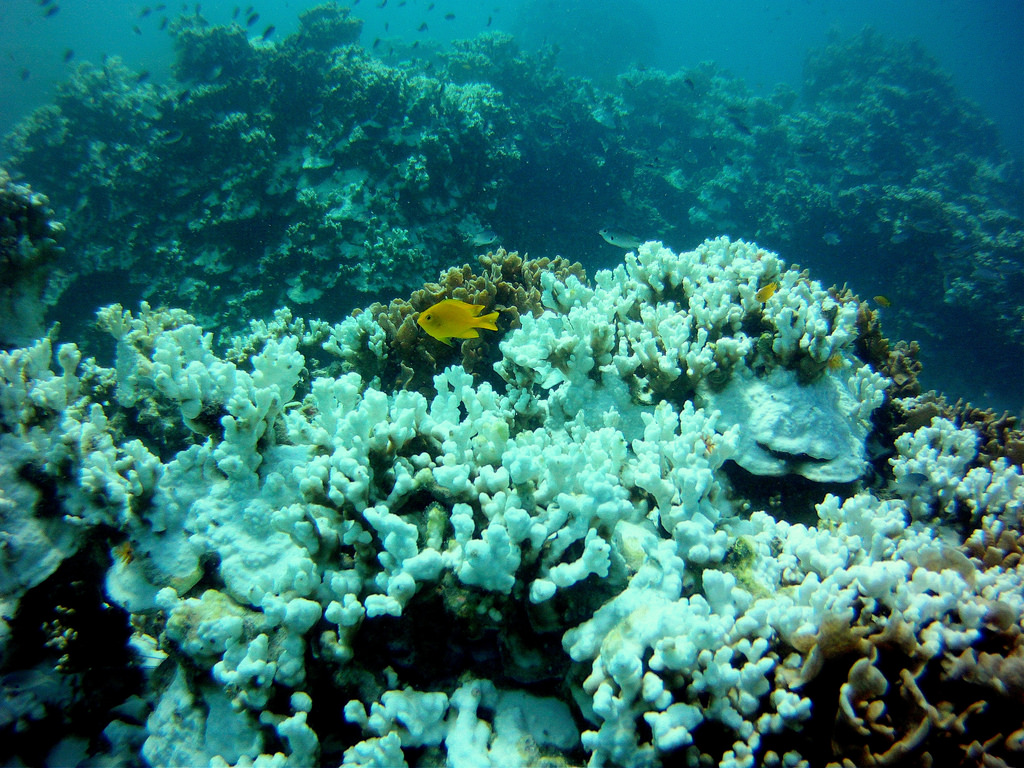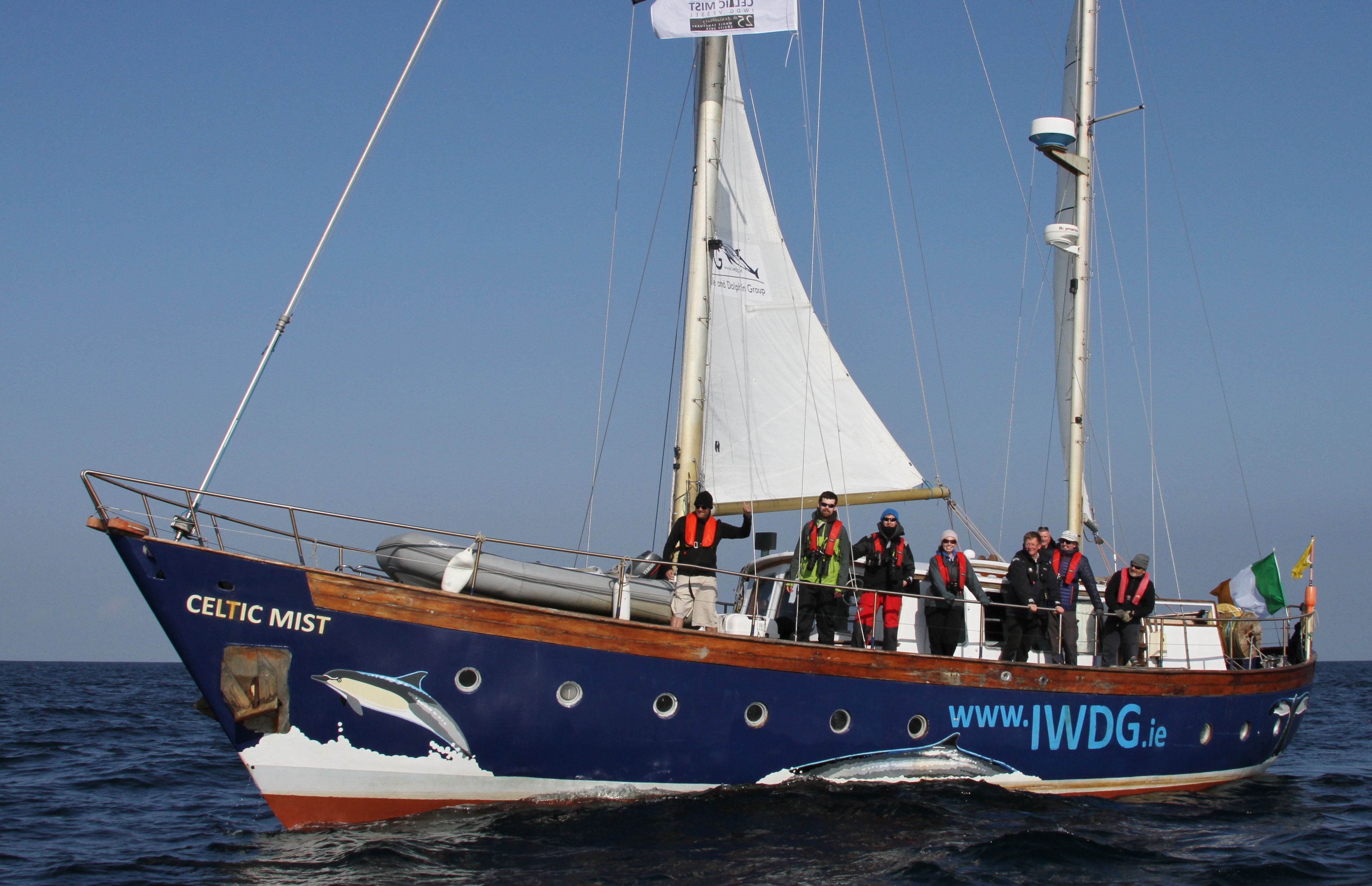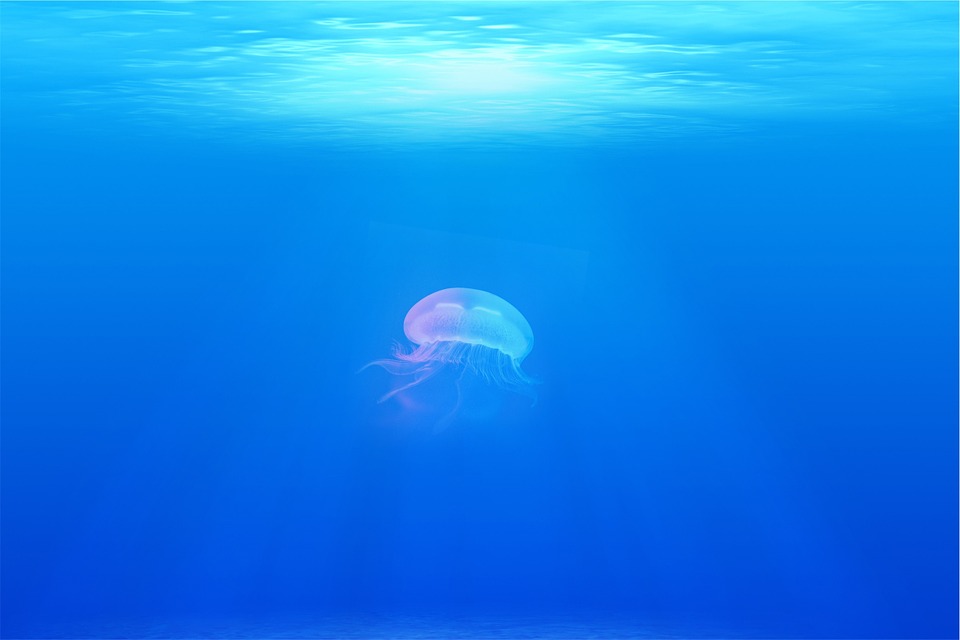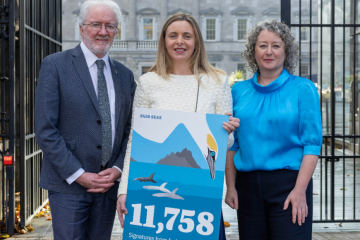High Court grants razor clams dredging injunction

September 30th, 2019
The High Court has granted an injunction on dredging for razor clams in the Waterford estuary pending a full hearing over the matter early next year.
The decision was made following a challenge from the environmental group Coastwatch to a decision to open a razor clams fishery in the estuary without first carrying out environmental assessments as required under EU law.
The map provided with the razor shell management plan drafted by boat operators and the Marine Institute showed the shellfish beds were both in and outside of a Special Area of Conservation (SAC) at the estuary.
Last week, Coastwatch counsel James Devlin SC argued that screening for any potential impact on the protected nature zone should have been carried out before a decision was made to allow for activity in and around the SAC.
The Sea Fishery Protection Authority (SFPA) argued that Coastwatch brought proceedings outside of statutory time limits as the decision to open the beds was made back in 2018.
Coastwatch argued that it was unaware of the earlier decision and that no public consultation process was opened for this case.
Last week, Mr Justice Richard Humphreys granted an interim injunction preventing dredging both in and close to the SAC boundaries until a full judicial review hearing in March 2020.
The SFPA requested that razor shell dredging remain open for another week to allow it time to communicate with all razor boats.
Mr Justice Humphreys, however, found that allowing the dredging to continue, even for a few days longer, was not appropriate.

“Hoovering everything up”
Karin Dubsky, the coordinator of Coastwatch, said that the group was “so relieved with this decision” as the impact of the practice was so damaging.
Hydraulic dredging for razor clams began in the Irish Sea in the late 1990s off Gormanstown in Co Meath. Traditionally, razor shells were collected by hand at low tide.
The dredging technique involved dragging a dredge along the seafloor while water is pumped into the sand, fluidising the sediment in front of the dredge blade so that it can dislodge the clams and collect them.
“The hydraulic dredging method used in the harvesting of razor clams penetrates about 25 cm into the seafloor,” Ms Dubsky said, “taking up not just the targeted razor clams… but also any other sea life and archaeological artefacts which are in the dredge path.
“If the dredging had been allowed to continue until the court proceedings were decided, untold damage could have been done in the interim,” Ms Dubsky added.
She warned, however, that the battle is far from over as the Waterford estuary is “only one particularly valuable marine protected area” where hydraulic dredging is happening.
“There are over 70 boats which have been retrofitted over the last decade to carry out hydraulic dredging of the seafloor going deep into the sediment and hoovering everything up, picking out what is highest value and spitting the rest out,” she said.
“Bottom trawling and razor shell and mussel seed dredging in and around other marine protected areas is going on right around our coast, damaging fragile seafloor ecosystems which are already grappling with climate change.”
[x_author title=”About the Author”]






